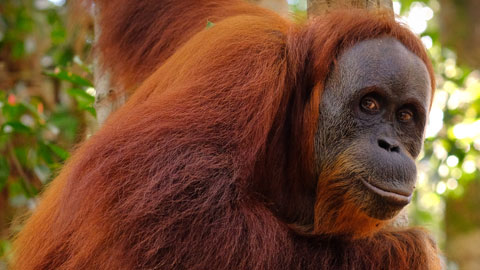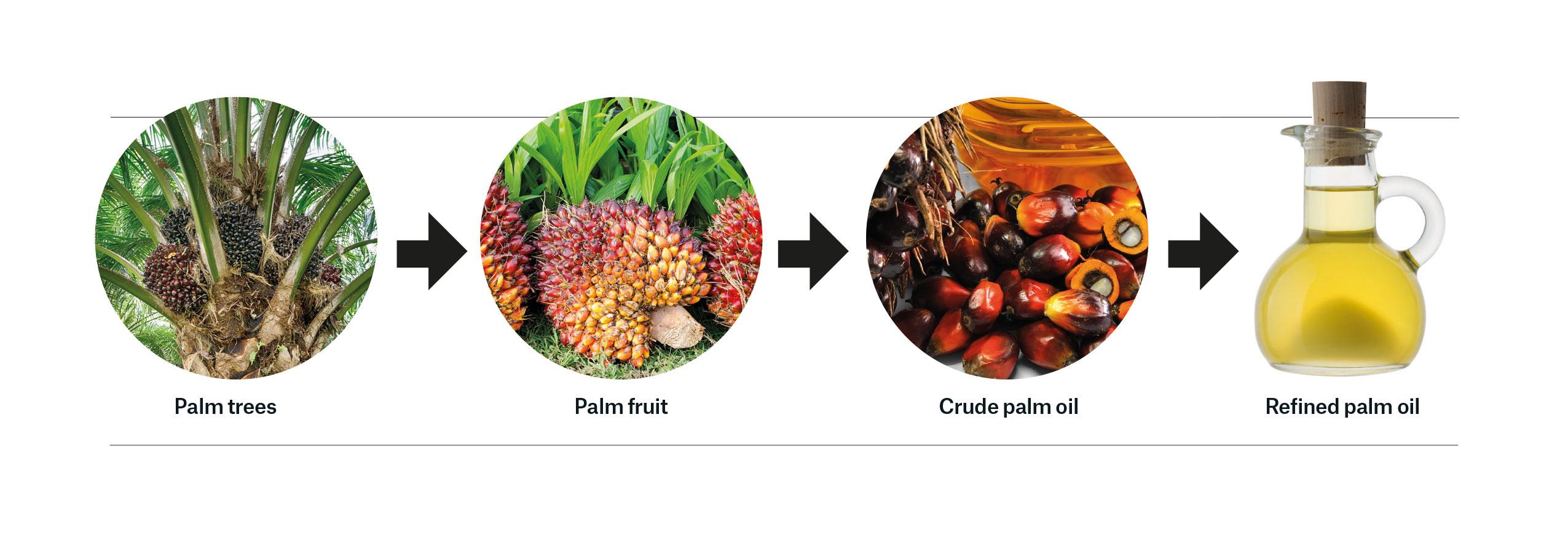Helmy Othman Basha, Managing Director of palm oil producer Sime Darby Plantation, talks with Brunswick's Lucy Parker about transparency as the front-line of transforming the industry.
“THIS IS A PALM OIL FREE CAFÉ,” announces a sign in the window of a San Francisco coffee shop—but it could be a hipster café anywhere in the world, as people heed calls from environmental campaigners for a boycott of palm oil. Hollywood celebrities and insta-influencers have been jostling to lead the conspicuous non-consumption of palm oil, with lifestyle media helpfully publishing lists of palm-oil free products.
The public attention around palm oil is the result of relentless and imaginative campaigning by activist groups such as Greenpeace and others, who have successfully linked, in the minds of consumers, palm oil production with the destruction of habitats for the endangered orangutan. The campaigns have targeted brands containing palm oil—including Colgate, Doritos, Head & Shoulders, Johnson’s Baby Lotion, Kit Kat, M&Ms and Oreos. Their message to consumers is clear: These products are destroying rainforests and killing orangutans.
As demand for palm oil has increased, so deforestation has accelerated: Some estimates say that about 36 football fields’ worth of trees are lost every minute due to deforestation. Aside from the devastating impact on biodiversity, environmentalists are concerned that this is contributing to climate change: Deforestation represents up to 20 percent of all CO2 emissions, more than the entire transport sector. Despite years of pledges from the palm oil industry, rainforest destruction continues around the world.


